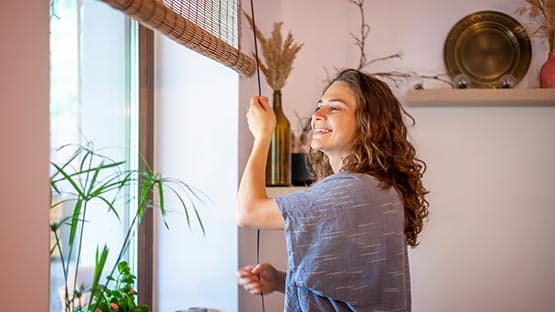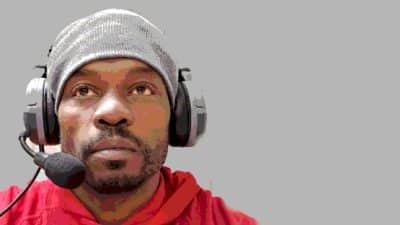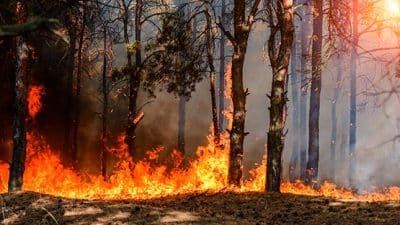
– stock.adobe.com)
With fall’s arrival, the days get shorter and it gets dark outside much earlier. Seasonal affective disorder or the winter blues, left untreated, can mean you are likely to suffer during dark days unnecessarily.
“For many people, fall is when the problems being because of the rapid loss of natural light,” said Dr. Norman Rosenthal, a Georgetown University clinical psychiatrist and researcher.
“Right now many people who are vulnerable to seasonal depression are experiencing more fatigue and having a hard time getting out of bed and getting things done, without realizing that the loss of daylight is driving their loss of energy,” said Rosenthal, the author of Defeating SAD: A Guide to Health and Happiness Through All Seasons. “It’s important to catch these symptoms early.”
Rosenthal, who first described SAD at the National Institute of Mental Health 40 years ago, reveals new developments in the detection and treatment of SAD, and the importance of recognizing the early onset of symptoms in his book.
Rosenthal says that people shouldn’t wait to deal with SAD until December or January, the time is now.
“Now that fall is here, it is timely to prepare for SAD,” he said.
Treatment for SAD may include light therapy, psychotherapy and medications. Certain herbal remedies, supplements or mind-body techniques may also help relieve symptoms that cause depression.
There are recommendations for self care that may help with treatment.
Mayo Clinic: Self-care tips for SAD
- Make your environment sunnier and brighter. Open blinds, trim tree branches that block sunlight or add skylights to your home. Sit closer to bright windows while at home or in the office.
- Get outside. Take a long walk, eat lunch at a nearby park, or simply sit on a bench and soak up the sun. Even on cold or cloudy days, outdoor light can help especially if you spend some time outside within two hours of getting up in the morning.
- Exercise regularly. Exercise and other types of physical activity help relieve stress and anxiety, both of which can increase symptoms. Being more fit can make you feel better about yourself, too, which can lift your mood.
- Normalize sleep patterns. Schedule reliable times to wake up and go to bed each day. Especially for fall-winter-onset, reduce or eliminate napping and oversleeping.
For more information on SAD, visit the Mayo Clinic’s website.
Related stories
Staunton entrepreneur finds her voice, overcomes mental health challenges
Music artist Kevin Gates: Mental health struggles shouldn’t be taboo
Former NFL player on Damar Hamlin, UVA football tragedy, mental health
Holiday blues have you down? You are not alone if you struggle during the Christmas season
HER Sports founder believes sports can serve as therapy for teen girls
Augusta Health removes mental health language from credentialing applications
Not just new clothes and supplies; mental health treatment also on back-to-school list
Explainer: How the wildfires are impacting our physical and mental health
JMU expert: Mental Health Awareness Month ends, climate anxiety discussion not over
Mental health for farmers: A small gesture can go a long way for those who aren’t OK
Eligible students in Waynesboro receiving mental health treatment, counseling
VT students analyzing Reddit to better understand mental health, prevent suicide
Central Virginia farm family on mental health: ‘Be vulnerable with each other’
Team to study suicide prevention, mental health accessibility for LGBTQ+ youth
Farmers in crisis: AgriStress Helpline provides mental health support, aims to reduce suicide
You’re not alone: Friend comes out to me about his mental health struggles
Add conference expansion talk to the mental health stresses for college student-athletes
‘Inspiring the Future’ seminar for female athletes puts focus on physical and mental health
SAW Community Health Needs Assessment reveals local impact of mental health illness
Outdoor activities have physical, mental health benefits, says Virginia Tech expert










